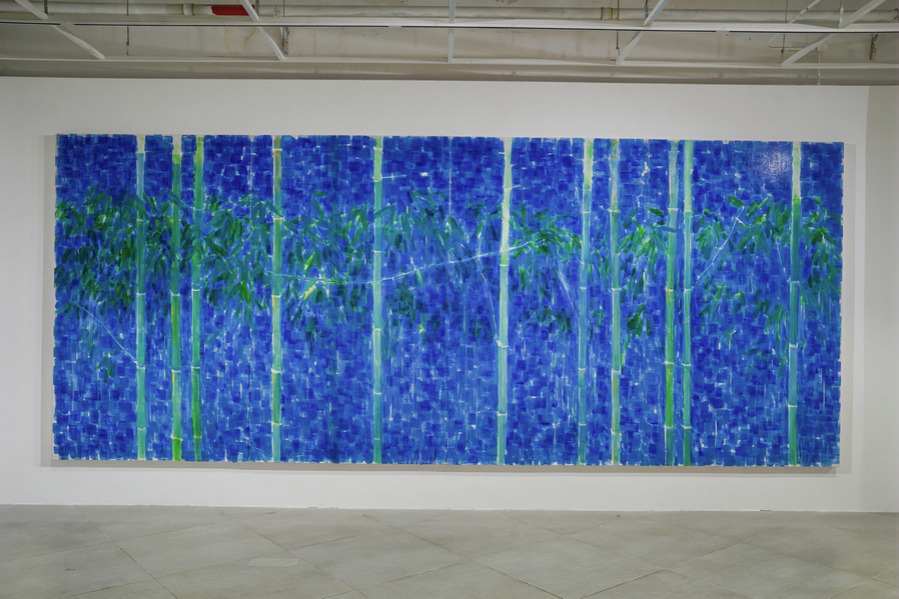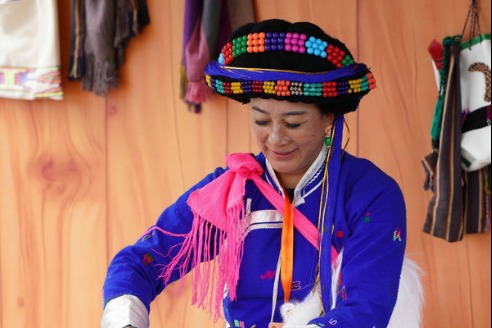University makes an art of science

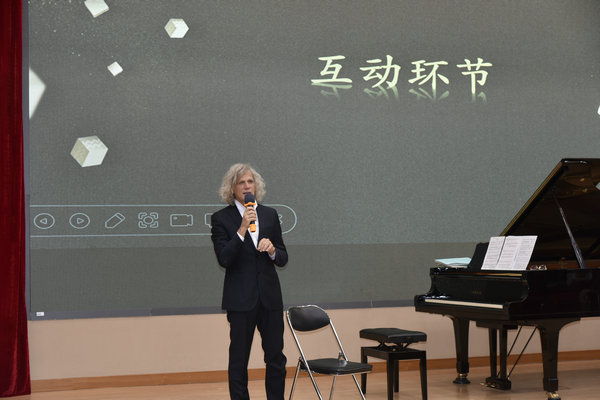
The University of Chinese Academy of Sciences hosted three concerts by Italian flutist Andrea Ceccomori and pianist Sebastiano Brusco on Oct 20 and 21 at its Hangzhou Institute for Advanced Study in Zhejiang province, and on Oct 26 at its Yanqi Lake campus in Beijing.
The diverse repertoire covered classical compositions performed solo or as a piano and flute duet, including Beethoven's Piano Sonata, Op 27, No 2, also known as the Moonlight Sonata, Debussy's Prelude to the Afternoon of a Faun, and Schubert's Impromptu Op 90, No 3.
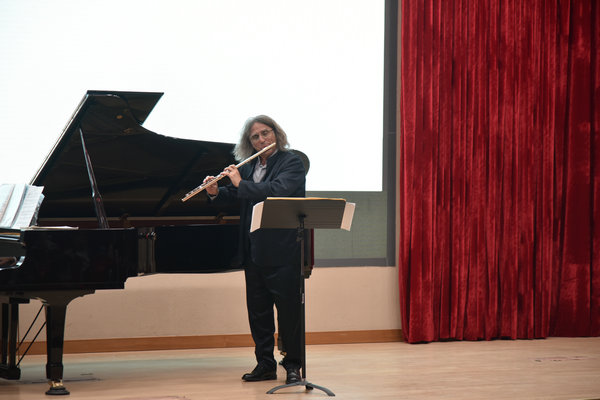
Ceccomori also gave a solo performance of his own composition, Inno Alla Pace (Hymn to Peace), and the two musicians performed the renowned Chinese composition, The Butterfly Lovers.
At the end of the Beijing concert, the pair invited Zhu Wei, contemporary artist and executive director of the university's Tsungdao Lee Science and Art Center, to join them on stage and with his erhu (Chinese fiddle), and the trio performed My Motherland by Liu Chi.
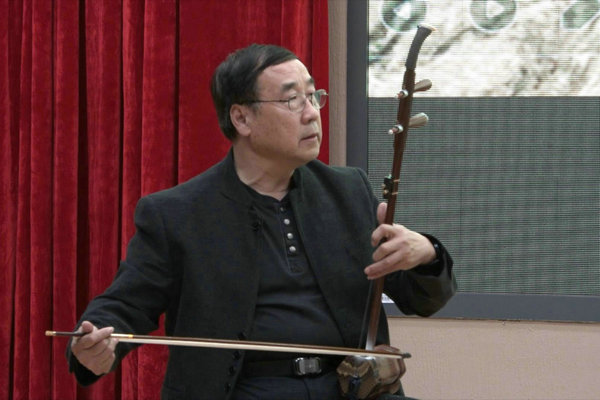
Q&A sessions were held after the concerts for students to talk to the musicians on topics pertaining to art and culture, during which the Italians gave demonstrations as they answered questions about techniques.
"I found that the students were very enthusiastic about music. The concerts were a great way for us to continue our mission of spreading beauty and peace all over the world through music, because it is an important universal language," Ceccomori said.
The concerts were part of the university's Voice of Autumn Art Feast, a seasonal art and music festival, and the Conversation with Masters series, under which international artists are invited to give lectures, exhibitions and concerts.
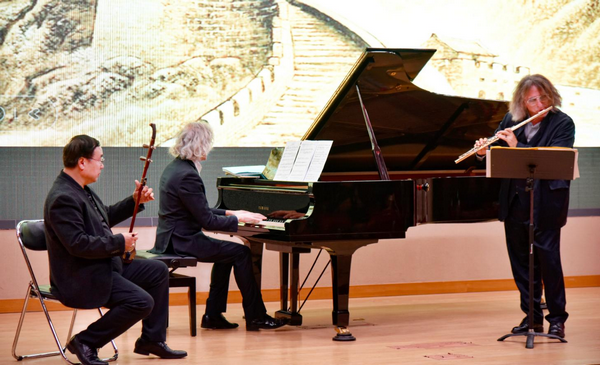
The Conversation with Masters series was founded in 2017 in line with the concept of integrating science and art education promoted by former professor and prominent physicist, Tsung-dao Lee.
"The University of Chinese Academy of Sciences, which is a cradle for nurturing scientists, feels it is especially important to improve the knowledge and appreciation science students have for art, as well as stimulate their creativity and sense of humanism, so that they'll have the courage and motivation to advance in their future scientific research," Zhu said.


















